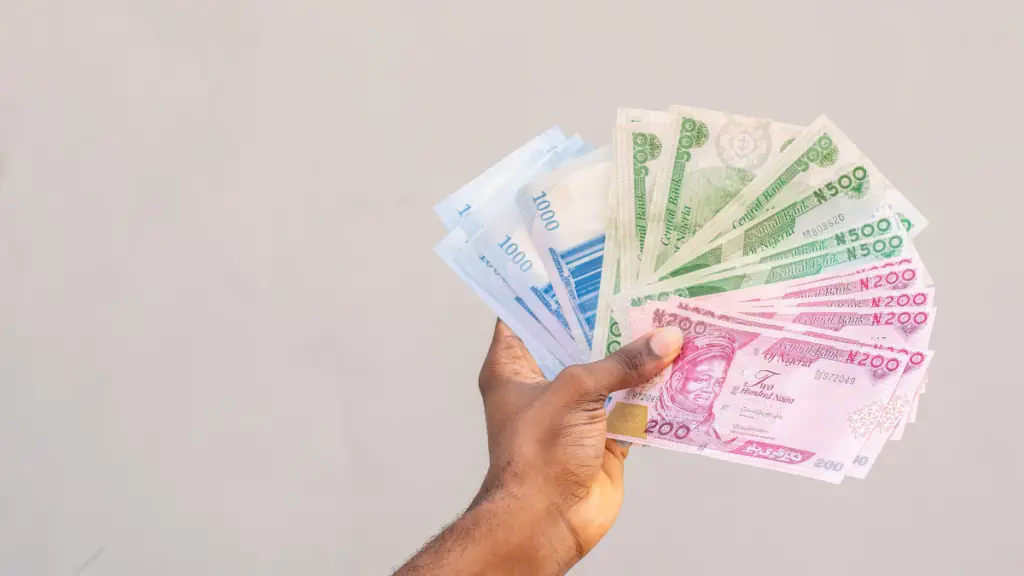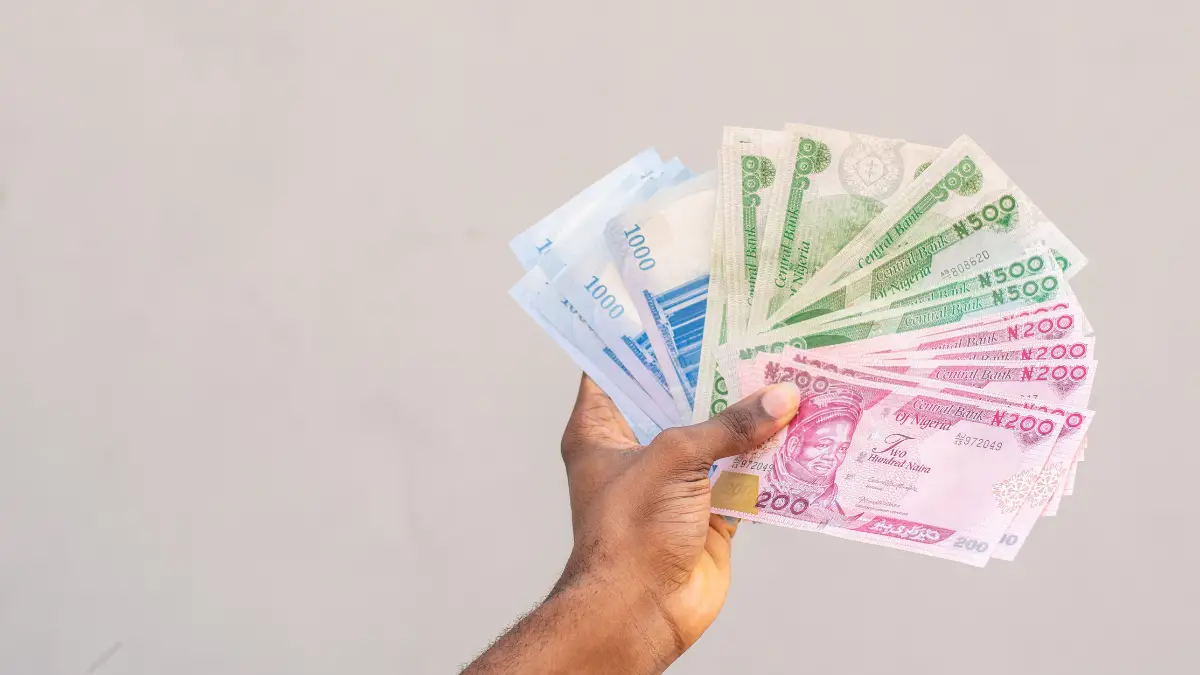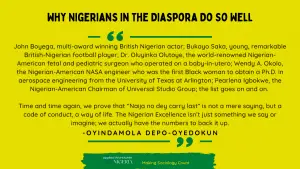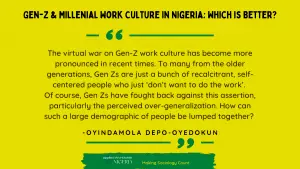If you are a West African or have interacted with West Africans on the internet, especially Nigerians and Ghanaians, you might have come across the phrase “Detty December”
December in Nigeria is no ordinary month; it’s a month-long carnival of celebrations, reunions, concerts, and indulgences. Popularized by the artiste Mr Eazi in 2016, “Detty December,” is a festive phenomenon that has grown into a cultural movement, one that brings with it both excitement and controversy. But beneath the flashing lights and pulsating beats lies a deeper conversation about its benefits and drawbacks, especially for local communities, tourism, and societal values.
The Allure of Detty December
What makes Detty December so irresistible? At its heart, it’s a season of connection, with families & friends reconnecting. And Nigerians (both at home and abroad) coming together. The month explodes with activity, from high-profile concerts and elaborate weddings to relaxed beach gatherings and vibrant cultural festivals. For many, it’s a much-needed escape from the grind of the year.
Economically, Detty December has become a significant contributor to Nigeria’s tourism and entertainment industries. Cities like Lagos and Abuja transform into bustling hubs for local and international tourists. Hotels are fully booked. Restaurants witness record sales, and small businesses like fashion vendors, caterers, and ride-hailing services experience a surge in demand.
Tourism: A Double-Edged Sword
Detty December’s pull on tourists cannot be overstated. In recent years, the influx of visitors has revitalized local economies, with Food, Real Estate, Music, and transportation industries being at the top of the list. Tourists spend lavishly on these services pumping millions into the local economy.
However, this boom comes with its challenges. Overcrowding is a common issue, with communities struggling to accommodate the sheer volume of visitors. Infrastructure in many areas is stretched to its limits. For locals who rely on ride-hailing services to go about their days, this may become a difficult task as there aren’t enough cars to satisfy the demand at that time.
The Good: Economic Growth and Cultural Promotion
One undeniable upside of Detty December is its role in promoting Nigerian culture on a global scale. Music concerts by top Afrobeats artists like Rema, Asake, Davido, Ayra Starr e.t.c. showcase the richness of Nigerian music. Which is arguably Nigeria’s biggest international export. These events position Nigeria as a cultural powerhouse, attracting international attention.
Moreover, small businesses thrive during this period. Tailors, hairdressers, makeup artists, and event planners work overtime to meet the demands of the festive season. Artisans and street vendors also enjoy brisk sales, often making enough to sustain them for months afterward. This money is circulated within Nigeria’s economy thereby promoting and sustaining economic growth.
The Bad: Overindulgence and Social Pressures
On the flip side, the culture of excessive spending prevalent during periods of heightened social activity, such as Detty December, can create significant financial hardship. Driven by social pressures to maintain a certain image or participate in the perceived “in” experiences, many individuals overspend, leading to financial difficulties in the subsequent period.
This post-celebration period often becomes a time of financial reckoning as individuals grapple with the consequences of their overspending. Social media plays a significant role in exacerbating this issue. The often-glamorized portrayal of these events can create a strong sense of FOMO (fear of missing out), pushing individuals to engage in activities beyond their financial means.
The Ugly: Environmental and Community Impact
Detty December has an ugly side that is often overlooked—its environmental and community impact. The surge in activities comes with a rise in the cost of living amongst the locals with significant price hikes in food, accommodation, and transportation, prices that may never return to their previous levels. Because the Nigerian naira is weak against the dollar and euro, visitors from countries using those currencies often perceive the cost of living as very low. While their willingness to pay more for services may be intended to support local businesses, an unintended consequence is a rise in the cost of living for locals.
Further, the sudden influx of people into the country inevitably leads to overcrowding which makes it frustrating for a local to go on his day-to-day life, in the not-so-distant “Detty December” 2024. Nigerian citizens in Lagos took to social media to complain about the endless traffic that’s been experienced in their city since the city has become extremely overcrowded.
We cannot neglect the noise pollution because of the countless events happening throughout the month and disturbing the peace of residents.

A prime example of a community protesting against these negative impacts can be seen in Barcelona, Spain. The city has experienced a surge in tourism, leading to widespread protests by residents. One specific example from 2024 involved residents spraying tourists with water pistols as a form of protest. This action, while seemingly minor, symbolized a deeper frustration with the negative impacts of mass tourism.
Locals cited concerns about rising rental prices, driven by the conversion of residential apartments into short-term tourist rentals, making it increasingly difficult for them to find affordable housing. They also expressed frustration with the overcrowding of public spaces. Making it difficult to navigate their city and the loss of local businesses replaced by tourist-oriented shops. This situation in Barcelona vividly illustrates how unchecked tourism can negatively impact local communities and lead to social unrest.
Striking a Balance
Detty December doesn’t have to be an all-or-nothing phenomenon. With thoughtful planning, its benefits can be maximized while minimizing its drawbacks.. Local governments can invest in infrastructure improvements to better handle the influx of tourists.
For individuals, Detty December should be a time to reflect on meaningful connections rather than just material displays. Budgeting for the season and setting realistic expectations can help prevent financial regrets in January.
Detty December is more than just a season; it’s a reflection of Nigeria’s vibrant spirit, creativity, and resilience. While its allure is undeniable, it’s essential to recognize and address its challenges to ensure it remains a source of joy rather than a burden.








